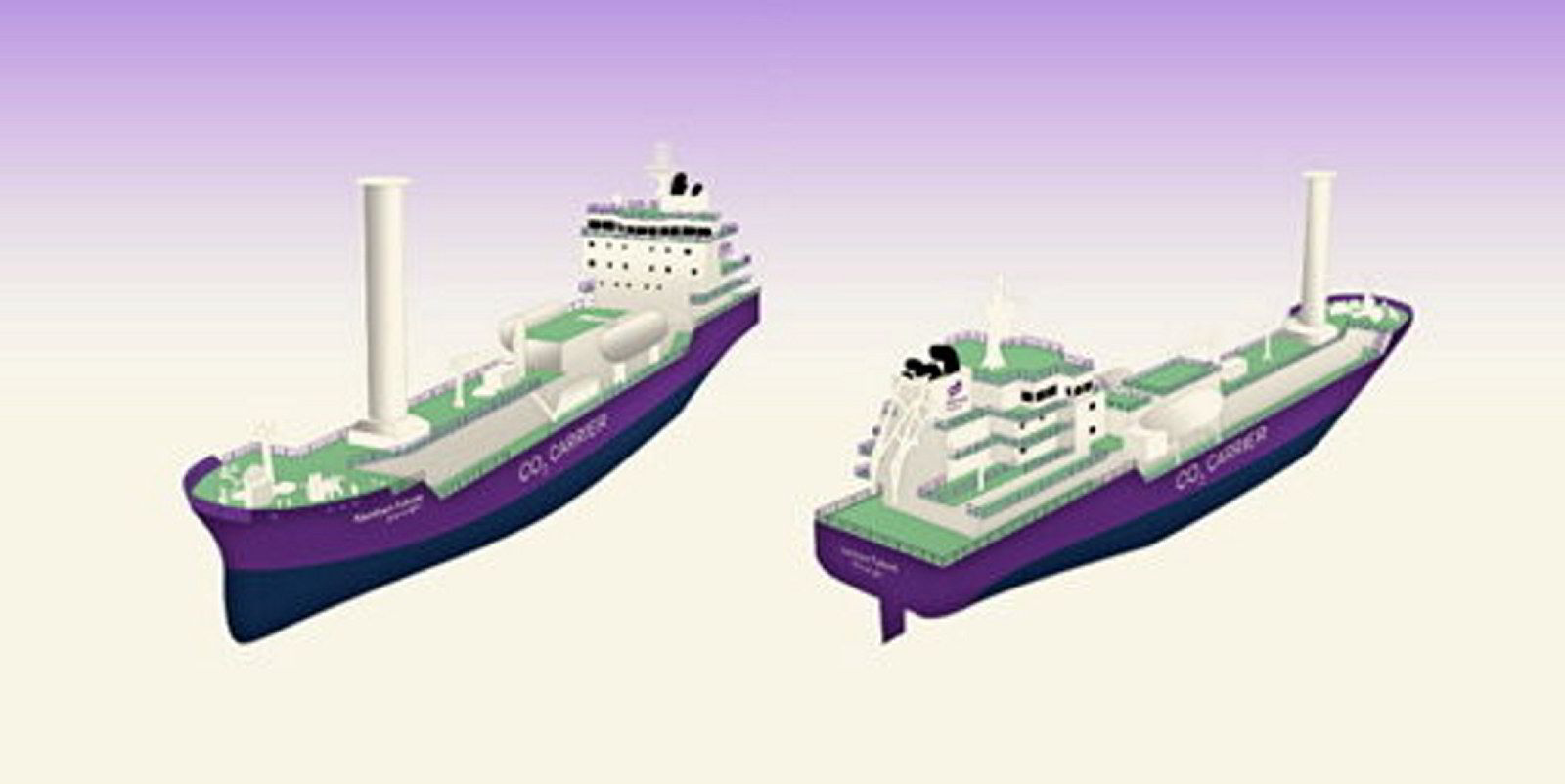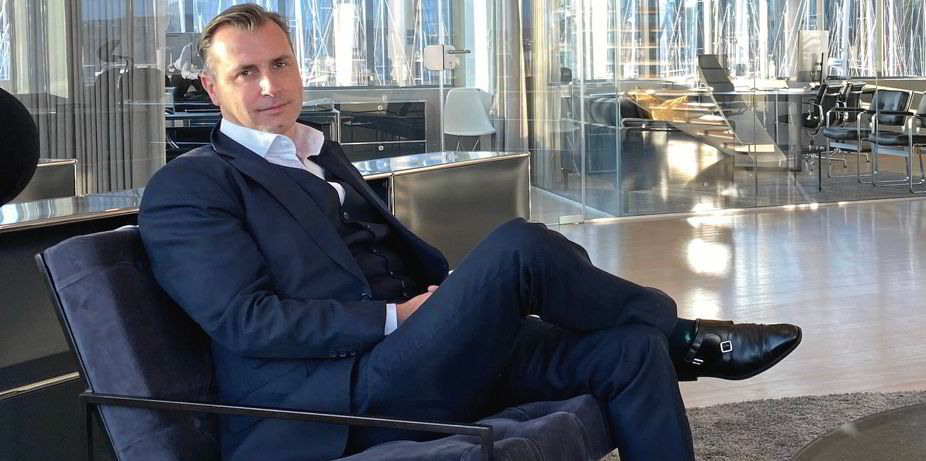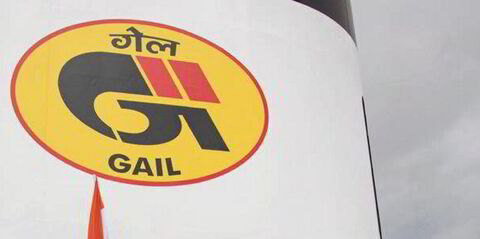Hunter Group has revealed one of the irons it has in the fire as the one-time shipowner pushes into the carbon capture business.
The Oslo-listed company, which sold its entire fleet last year, announced on Thursday that it had established Hunter Carbon Carriers and is in the final stages of developing a liquefied CO2 carrier.
“The world is currently emitting around 37bn tonnes of CO2 annually,” the company said in its first-quarter earnings release. “To reach net zero by 2050, drastic measures need to be taken, and we believe [carbon capture, transportation and storage] will play a key role.
“If only a small fraction of the targeted 6bn tonnes of captured CO2 in 2040 is to be transported on ships, the number of ships needed will be huge. The number of such vessels today: Zero.”
It said ships were the best method of transportation for the greenhouse gas, as they are flexible, less costly and take less time to build.
The Erik Frydendal-led company said it intends to use its expertise in the gas and tanker industry to inform the design.
“In addition, the company is working on a couple of other interesting projects that we hope to be able to share more details about shortly,” Hunter Group said.
The announcement follows a March disclosure that it had signed a cooperation agreement with compatriot classification society DNV to develop a low pressure midstream shipping solution for carbon capture and storage.
The agreement was to build a ship between 40,000 cbm and 70,000 cbm, as well as smaller feeder vessels with an intention to run on alternative fuels.
As it stands, there are only two CO2 carriers on order, both for the Northern Lights project in the North Sea and set for long-term charters with a UK subsidiary of Japan’s K Line.
In April, Gibson Shipbrokers has warned shipowners interested in carbon capture, transportation and storage need to start ordering now to keep up with the demand from projects.
It is unclear how many ships Hunter Group intends to build.
It sold its last four ships, all VLCCs, over the course of 2022, for a total sale price of $383m.
The sales netted the company $56m in a period where tanker asset values were rising rapidly.
According to VesselsValue, two of the ships ended up in Maran Tankers’ fleet, while the other two were bought by Ray Car Carriers.
With no ships, the company brought in no revenue for the quarter, with operating expenses running $1.8m, $1.7m of that general and administrative expenses, leading to a $2.3m loss.





